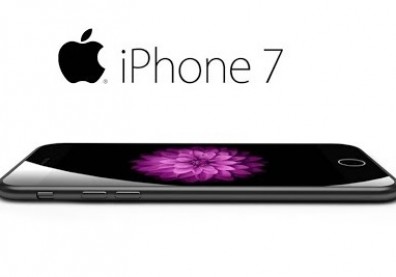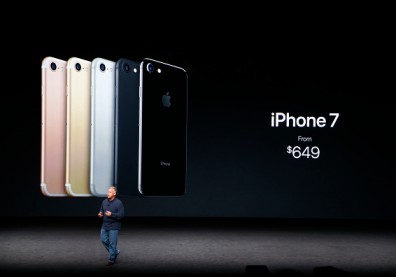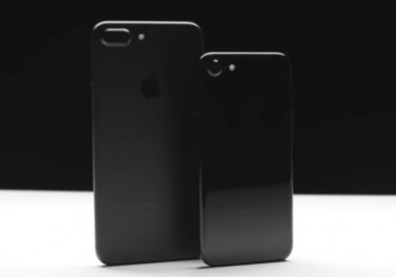With the release of the new flagship killers, the iPhone 7 and iPhone 7 Plus, Apple used MDM9645M, which is Qualcomm's silicon modem for all its factory unlocked devices sold through Sprint and Verizon. The company also adopts the Intel modems for its AT&T and T-Mobile devices. Apple is known for its strict quality control demands but it appears like modem-related problems are haunting the company today.
Based on the analysis of Cellular Insights, both Intel and Qualcomm powered the iPhone 7 equally well if the signal condition is strong. The device that runs on Intel XMM7360 modem, however, showed a substantial drop when the signal got sluggish. The test performed by Cellular Insights used a test rig, which let them change the cell signals at will.
Added to that, they tested three LTE frequency bands: Band four (20MHz), seven (20MHz), and twelve (10MHz), respectively, in a 4x4 MIMO configuration. Results showed that the iPhone 7 with Intel chipsets performed worst in areas with weak signals. More so, the iPhone powered by Intel modems was observed to be 40Mbps slower than the Qualcomm-powered unit. The iPhone 7 with both Intel and Qualcomm modems were also compared with other devices, including the Galaxy S7 Edge, LG G5, Nexus 5X, and iPhone 6S, according to report.
Meanwhile, Google Pixel achieved a six out of 10 when it comes to repairs while the iPhone 7 and 7 Plus scored seven based on the report of iFixit. The latter is known for ranking latest smartphones on how easy it would be to repair them. Apart from that, iFixit teardown somewhat unveil the parts being used inside the devices, which is in this case particularly useful for the iPhone.
When it comes to the iPhone 7 and 7 Plus, iFixit revealed that the former comes with Samsung 2GB LPDDR4 RAM while the latter has the Samsung 3GB LPDDR4 RAM. Also, the battery of the bigger phone lasts longer than its smaller version. Watch iPhone 7 With Qualcomm Modems Have Seemingly Better Reception









